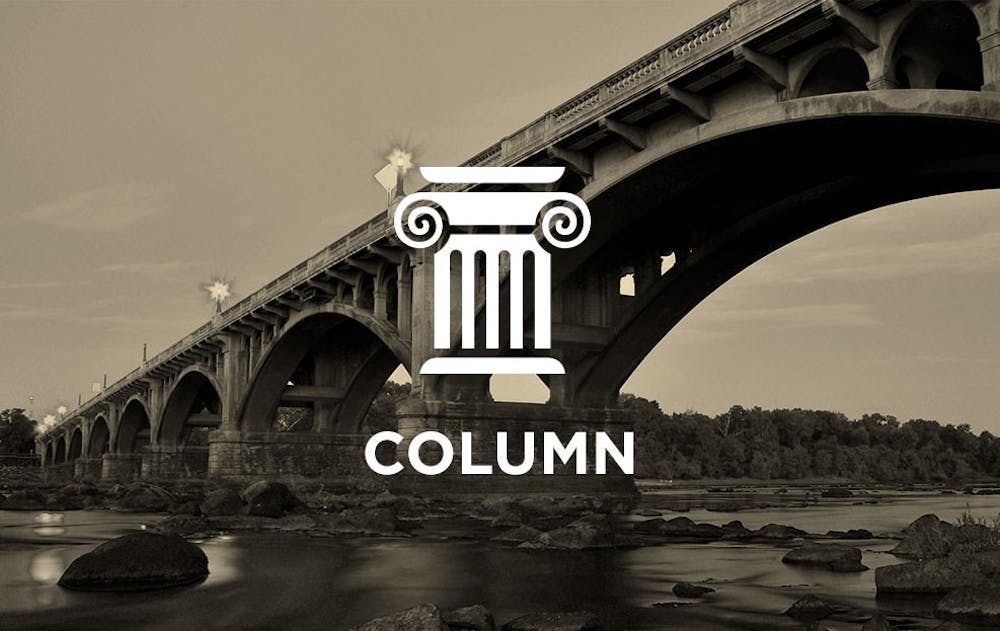President Obama nominated Merrick B. Garland last week to fill the seat on the Supreme Court vacated by the death of Justice Antonin Scalia. Republican senators have vowed to block any nominee put forward, citing a grey area between legal precedent and political tradition. Yet by nominating Garland, Obama is forcing Republican senators to fight a political battle, gambling an acceptable centrist candidate for the chance at an ultra-conservative nominee from a Republican White House in 2017.
In a sense, Garland is being held hostage by both sides of a partisan argument. Which is truly a shame, considering he seems to be a universally likable nomination to the Supreme Court. His resume is very impressive, prominently featuring his work in the Oklahoma City bombing case as well as almost 20 years as a federal judge.
Still, Republican leaders in the Senate are ready to fight Garland’s nomination. Their position is understandable, considering Garland’s appointment to the court could produce the most ideologically liberal Supreme Court bench in 50 years. But by fighting their political battle over a generally liked nominee, the Republican leadership stands to take criticism.
In order for the Republicans to fulfill their vow to withhold any nomination until a new president, Scalia’s vacant seat will remain empty for over a year. The fight over this seat will become increasingly bitter and partisan, and has already spilled into the presidential race. The level of political gridlock in Washington, D.C., has officially reached absurdity, and it’s just a shame.
The largest substantive conservative criticism over Garland’s record is his stance on the Second Amendment. But the most involvement Garland has had in the gun debate was a minor role suggesting a case be reviewed, a case that eventually went before the Supreme Court. In essence, the case against Garland as the individual is not much more than hot air.
In reality, the Republican leaders are fearful of a court without a conservative stalwart like Scalia. They’re gambling on a bid to win the White House, but that opens up a larger debate in itself. Can you imagine the sort of nominee President Donald Trump would conjure? Or President Ted Cruz, for that matter?
Political tensions in the United States continue to rise, but the party leadership needs to recognize the opportunities for bipartisan action. Regardless of previous statements, the Republican leadership should at least consider Merrick Garland’s nomination to the Supreme Court. If we continue to be paralyzed by ideological bickering, we are increasingly vulnerable to chaos.

